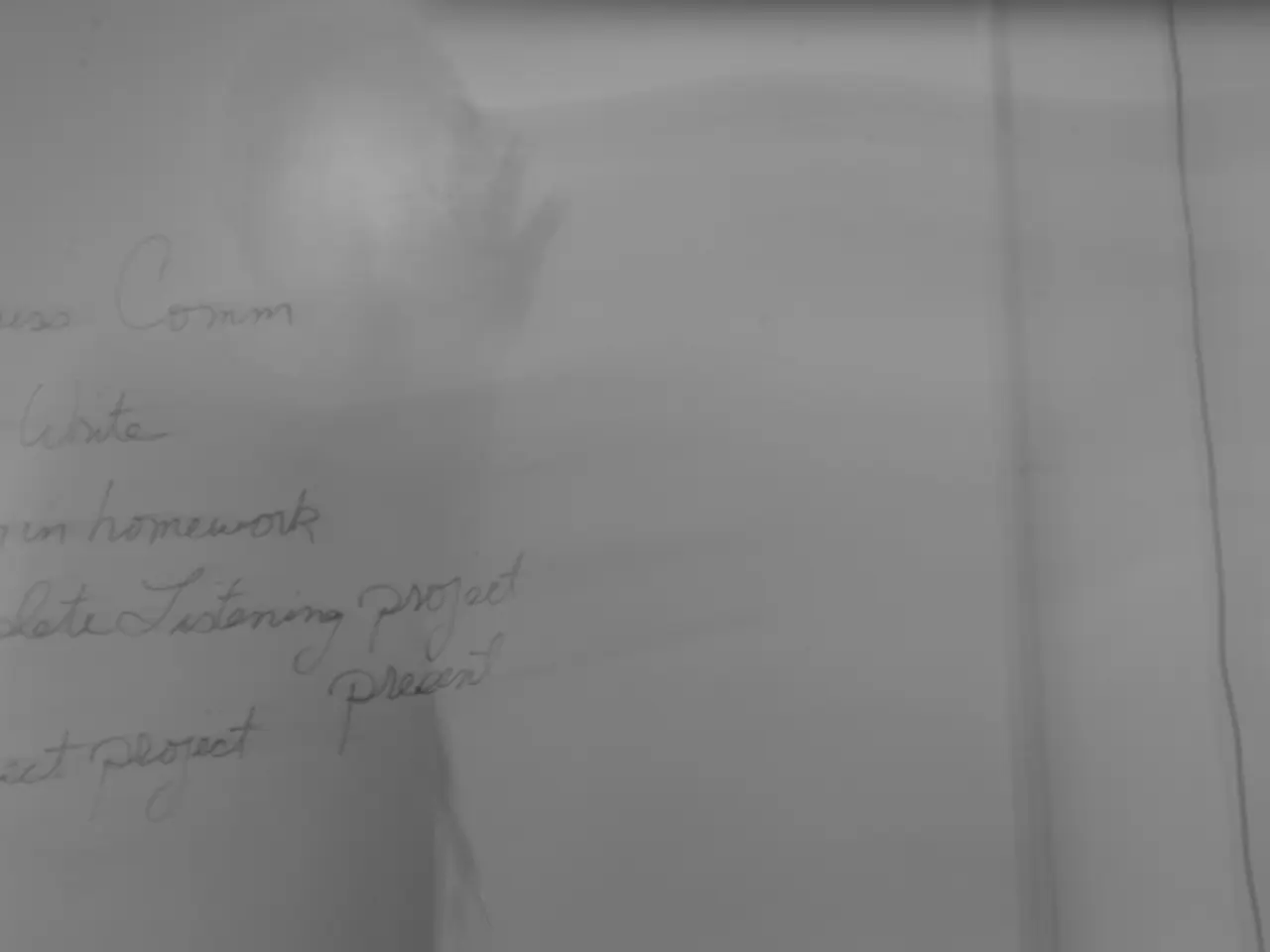COVID-19 Relief Fraud: Billions at Risk as Banks and Fintech Miss Obvious Red Flags
The Pandemic Response Accountability Committee has revealed that fintech companies and banks, including PNC Bank and US Bank, may have missed obvious fraud in COVID-19 relief programs, with potentially billions in funds at risk. The committee's report, released ahead of a House Oversight Committee meeting, highlights significant issues with Social Security numbers (SSNs) used in the Small Business Administration's (SBA) Economic Injury Disaster Loan (EIDL) and Paycheck Protection Program (PPP) initiatives. The committee identified 69,323 questionable SSNs used to obtain funds from the EIDL and PPP programs between April 2020 and October 2022, potentially totaling $5.4 billion. Moreover, 221,427 SSNs were found to be invalid or mismatched, indicating potential fraud. Some fintech companies and banks, such as Cross River Bank and Blueacorn Finance, were flagged for inadequate creditworthiness checks or potential fraud in issuing these loans. The Federal Reserve has taken action against individuals and institutions abusing the system. Five former bankers were banned for using relief funds for unauthorized personal expenses. Popular Bank was fined $2.3 million for potential fraud in six loans processed in 2020. Additionally, a separate report estimated that approximately $45.6 billion was fraudulently taken from the unemployment insurance program during the pandemic. The committee's findings underscore the urgent need for stricter verification controls and enhanced fraud prevention measures in future relief programs. The SBA and its partners, including BOFA and US Bank login, must learn from these mistakes to protect taxpayer money and ensure that relief funds reach those in genuine need.
Read also:
- U.S. CBP's Operation Plaza Spike Boosts Fentanyl Seizures Along Arizona-Mexico Border
- Tesla's EV Market Share Plummets in Europe, US Competition Intensifies
- Catastrophe at a U.S. Steel facility in Pennsylvania results in the loss of two lives. crucial details unveiled
- Manipulating Sympathy: Exploiting Victimhood for Personal Gain




